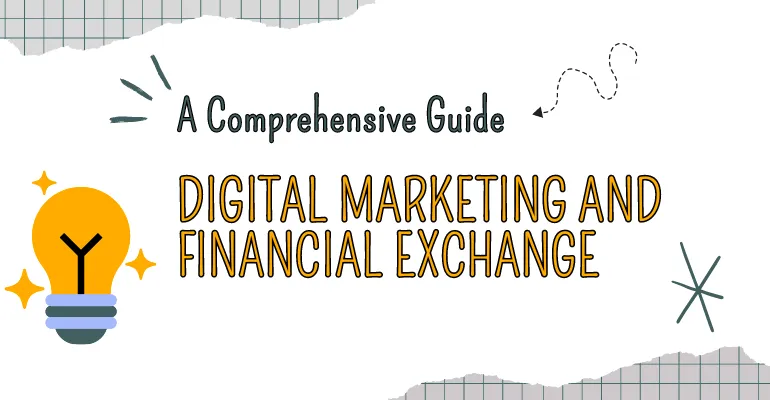
Digital Marketing and Financial Exchange: A New Horizon for Economic Growth
In the rapidly evolving digital landscape, the intersection of finance and marketing has opened up unprecedented avenues for economic growth and innovation. This convergence, often referred to as “financial exchange” within the context of digital marketing, represents a transformative shift in how businesses operate, market themselves, and engage with consumers. This article explores the intricate relationship between digital marketing and financial exchange, highlighting its implications for businesses, consumers, and the broader economy.
The Evolution of Financial Exchange in Digital Marketing
Traditionally, financial exchange was confined to transactions involving money or assets. However, with the advent of digital marketing, the concept has expanded to encompass the exchange of value through data, insights, and digital currencies. This evolution is driven by several key factors:
Data as Currency
In the digital age, data has emerged as a new form of currency. Businesses collect and analyze consumer data to gain insights into preferences, behaviors, and trends. This data-driven approach enables more personalized marketing strategies, enhancing customer engagement and loyalty. Moreover, data can be monetized directly through data brokerage or indirectly through targeted advertising, creating a new stream of revenue.
Cryptocurrency and Blockchain Technology
The rise of cryptocurrencies, powered by blockchain technology, has revolutionized financial transactions. Digital marketing campaigns can now accept payments in Bitcoin, Ethereum, and other digital currencies, offering a secure and efficient alternative to traditional payment methods. Additionally, blockchain technology ensures transparency and security in transactions, building trust among consumers.
E-commerce and Online Payments
E-commerce has transformed retail by enabling businesses to sell products and services online. Digital marketing plays a crucial role in driving traffic to e-commerce websites and converting visitors into customers. The integration of online payment systems facilitates seamless transactions, enhancing the shopping experience and boosting sales.
Implications for Businesses
Enhanced Customer Insights
Digital marketing provides businesses with access to a wealth of customer data, enabling them to tailor their offerings and marketing messages to individual preferences. This level of personalization can significantly increase customer satisfaction and loyalty, leading to higher sales and profits.
Cost Efficiency
Compared to traditional marketing methods, digital marketing is more cost-efficient. It allows businesses to target specific demographics precisely, reducing waste and optimizing return on investment (ROI). Furthermore, digital marketing campaigns can be adjusted in real-time based on performance data, ensuring resources are allocated effectively.
Global Reach
Digital marketing breaks down geographical barriers, enabling businesses to reach a global audience. This expansion opens up new markets and opportunities for growth, particularly for small and medium-sized enterprises (SMEs) that might otherwise lack the resources to compete internationally.
Challenges and Future Directions
Despite its many benefits, the integration of digital marketing and financial exchange also presents challenges. Issues related to data privacy, cybersecurity, and regulatory compliance require careful consideration. As technologies continue to advance, businesses must stay abreast of developments and adapt their strategies accordingly.
Looking ahead, the synergy between digital marketing and financial exchange is expected to deepen, driven by innovations in artificial intelligence, machine learning, and quantum computing. These technologies promise to further enhance data analysis, personalize customer experiences, and streamline financial transactions, paving the way for continued economic growth and innovation.
Conclusion
The fusion of digital marketing and financial exchange marks a significant milestone in the evolution of commerce. By harnessing the power of data, embracing new technologies, and prioritizing customer-centric approaches, businesses can tap into the vast potential of this emerging paradigm. As we move forward, the ongoing dialogue between marketing and finance will continue to shape the economic landscape, opening up new horizons for growth and prosperity.




